Be the first to review this product
PRODUCT DETAILS
Parade Organic scallion seeds are CERTIFIED ORGANIC! For an open pollinated variety, Parade shows remarkable uniformity, with little or no bulbing. Dark green, almost waxy leaves grow vigorously with white stalks that can be made longer by hilling up soil around them. Expect upright growth with no branching. Parade looks great as a bunching onion on the market table, but it performs perfectly in the home garden. Provide frost protection with a cloche tunnel, and you can harvest this scallion all winter long. Parade is one of the best scallions to grow if you plan on saving seeds for next season. To do this, wait for some of your scallions to overwinter. Their flowers are formed after a cold period. Be aware that they can cross pollinate with other members of Allium fistulosum as well as A. cepa, so they need to be isolated if both are in bloom at the same time.
- These seeds are coated with an inert, organically certified layer which helps to minimize clumping in storage and seed sowing machines. The coating is approved by organic certifiers in Canada, the US, EU, and Japan.
- Matures in 70 days. (Open-pollinated seeds)
All About Parade Coated Organic
Latin
Allium cepa
Family: Amaryllidaceae
Difficulty
Scallions are easy to grow. Bulbing onions and shallots require transplanting in the spring and curing after harvest. By following these instructions, even novice gardeners should have no trouble.
Timing
Start shallots and storage onions indoors in late winter and early spring, and transplant 2-4 weeks after the last frost date. Overwintering onions need to be started in early summer, and transplanted by the middle of August. Scallions can be direct sown every 3 weeks from two weeks after the last frost date to late summer. Optimal soil temperature for germination: 21-25°C (70-75°F). Seeds will emerge in 6-12 days, depending on conditions.
Starting
Transplants are preferred for home gardeners. Sow 3 seeds 5mm-1cm (¼-½”) deep in each cell of a 72-cell tray. Transplant as a clump, spacing each 15cm (6″) apart in rows 45-75cm (18-30″) apart. Scallions can be spaced at 2-5cm (1-2″) apart in rows 15cm (6″) apart.
Days to Maturity:
From transplant date.
Growing
Ideal pH: 5.5-6.5 (6.0-6.8 for scallions). Fertile and well-drained soil in full sun is essential. Add well-rotted compost and dig ½-1 cup balanced organic fertilizer into the soil beneath each 3m (10′) of row. Keep moisture high in the top 20-30cm (8-12″) of soil. Most of the bulb should form on the surface of the soil, so don’t transplant too deeply. Bulb size is dependent on the size of the tops: the bigger the tops, the bigger the bulb. Provide August-planted scallions with the frost protection of a cloche or heavy row cover as the first frost date approaches.
Harvest
Stop watering in the beginning of August to mature the bulbs in dry soil. After half the tops have fallen, push over the remainder, wait a week and lift the bulbs. Curing is essential for long storage: Spread bulbs out in a single layer in an airy spot out of direct sunlight. Once no more green is visible on any of the leaves, and they are dry and crisp, the onion is cured. If weather is poor, cure indoors. Storage: Keep onions in mesh sacks or hang in braids so they get good ventilation, and hang sacks where air is dry and very cool, but not freezing. Check them regularly and remove any sprouting or rotting onions. Well-cured storage onions should keep until late spring.
Seed Info
In optimal conditions at least 75% of seeds should germinate. Usual seed life: 1 year. Per 100′ row: 260 seeds (scallions 1.2M), per acre: 76M seeds (scallions 1,045M).
Diseases & Pests
Botrytis blast and downy mildew are common leaf diseases. One starts with white spots and streaks, the other with purple-grey areas on leaves. Leaves wither from the top down and plants die prematurely. Separate the overwintered and spring crops because disease starts in older plants and moves to younger. Avoid overhead watering and plant in open sunny locations. Use lots of compost and practice strict sanitation and crop rotation.
Companion Planting
The pungent odour of onions repels many pests and also protects nearby garden vegetables. Plant chamomile and summer savory near onions to improve their flavour. Onions also work well alongside beets, Brassicas, carrots, dill, kohlrabi, leeks, lettuce, strawberries and tomatoes. Don’t plant onions near asparagus, or peas of any kind.
| Brand | West Coast Seeds |
|---|---|
| Manufacturer Part Number | ON574AF |
| UPC | 687704071781 |
| Family | Onions |
| Group | Scallion |
| Days to Maturity | 70 |
| Certified Organic | Yes |
| Heirloom | No |
| Open Pollinated | Yes |
| Hybrid | No |
| Pack Options | A pack |
| Package Language | Bilingual |
| Shipping Type | Seeds |

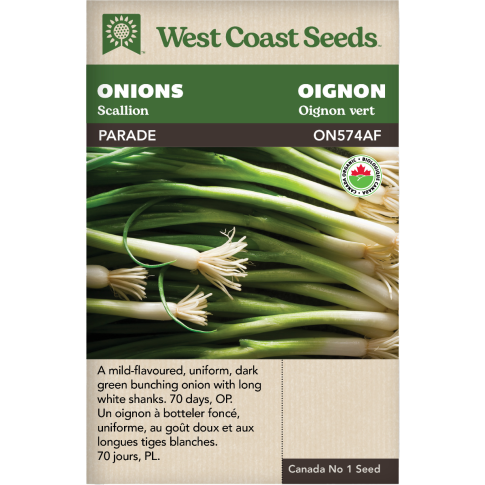


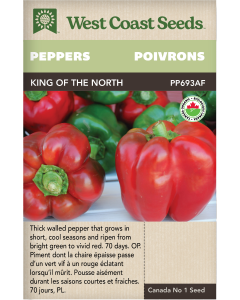


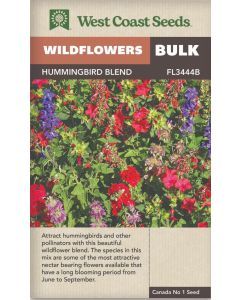

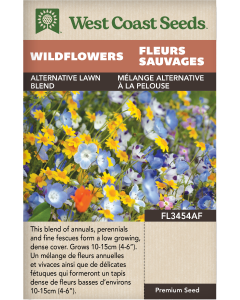
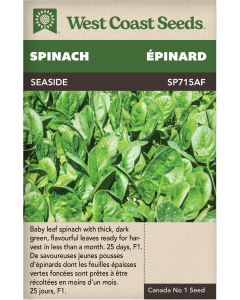
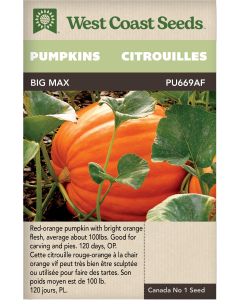


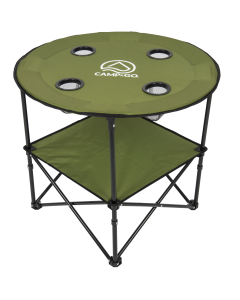
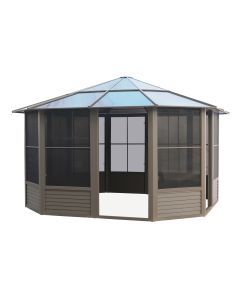
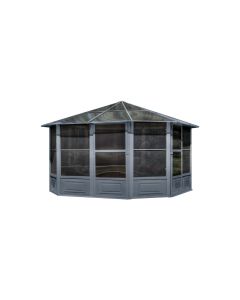
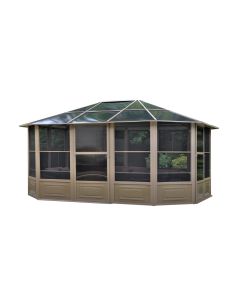
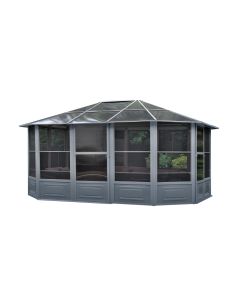
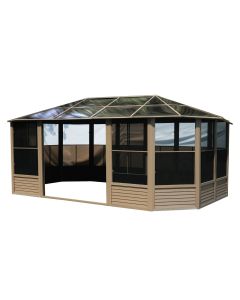
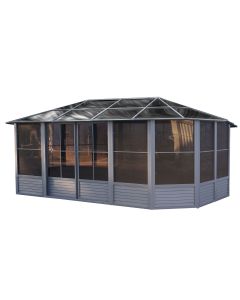
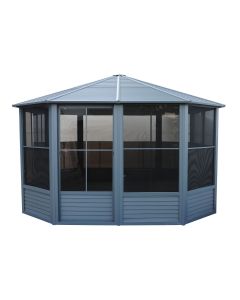
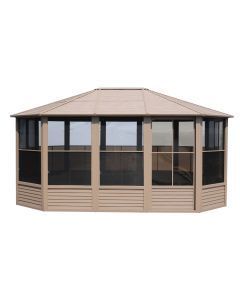
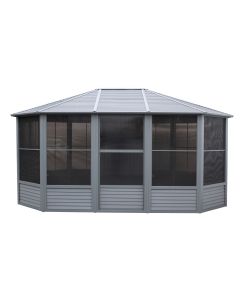


Login and Registration Form